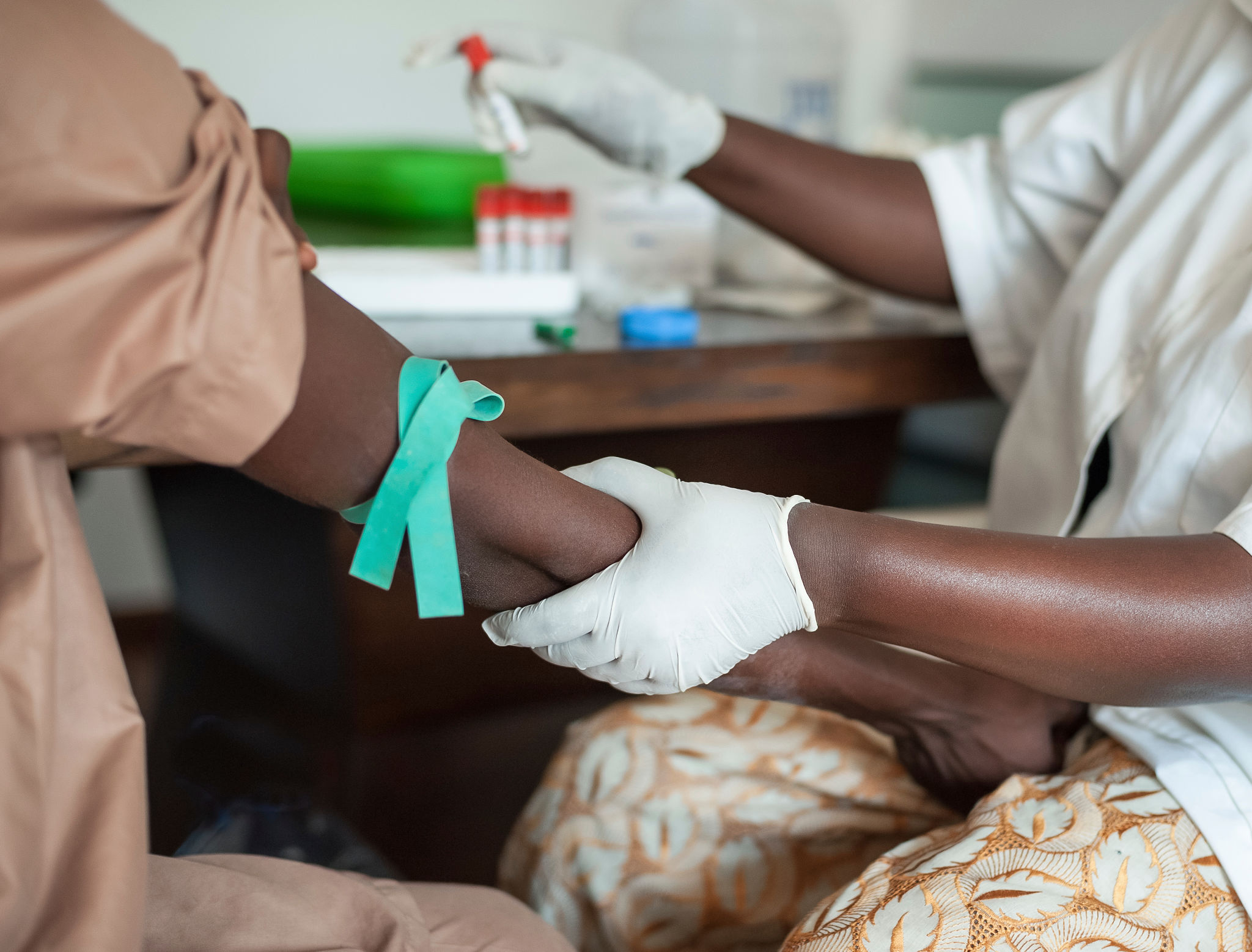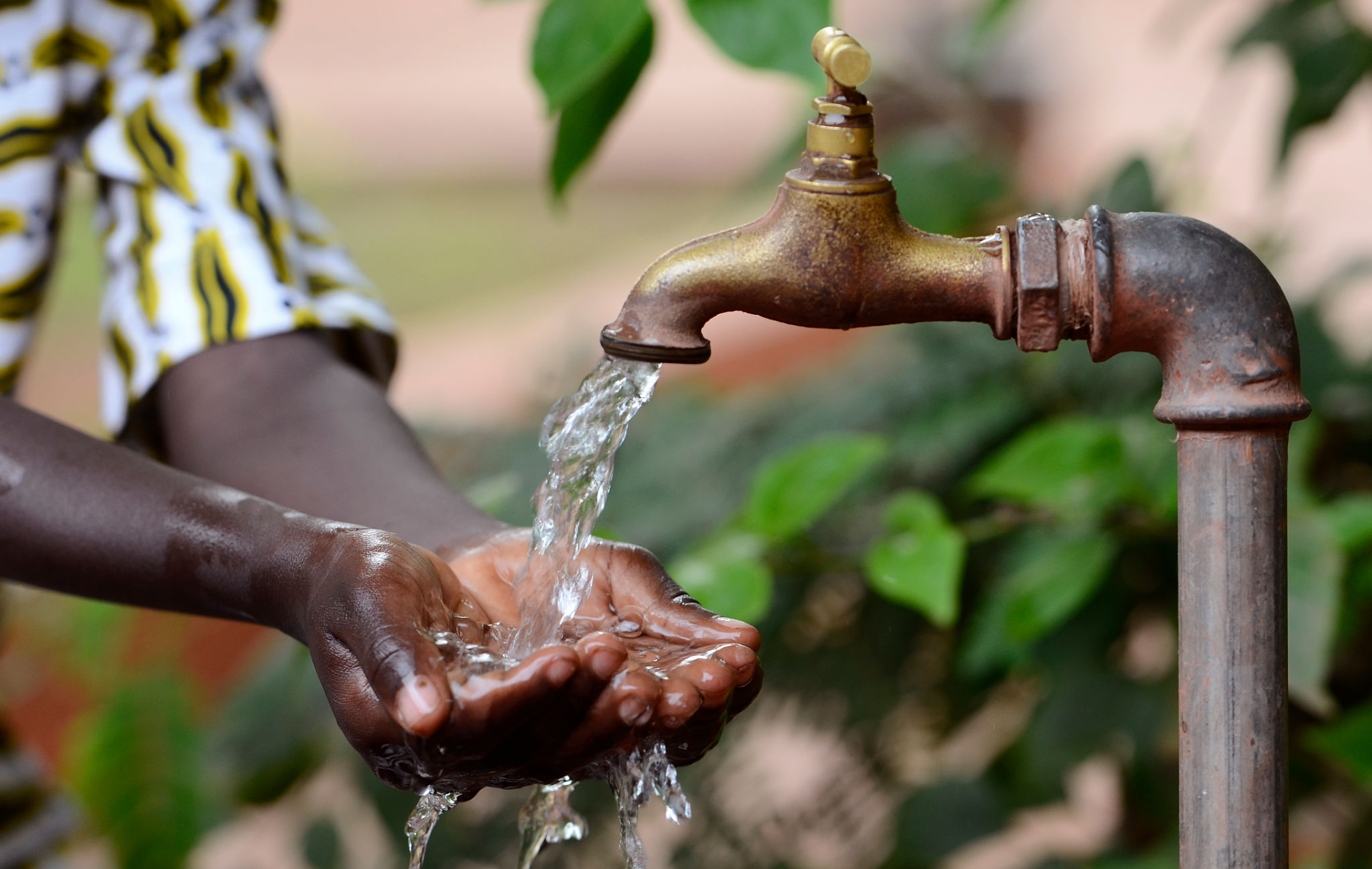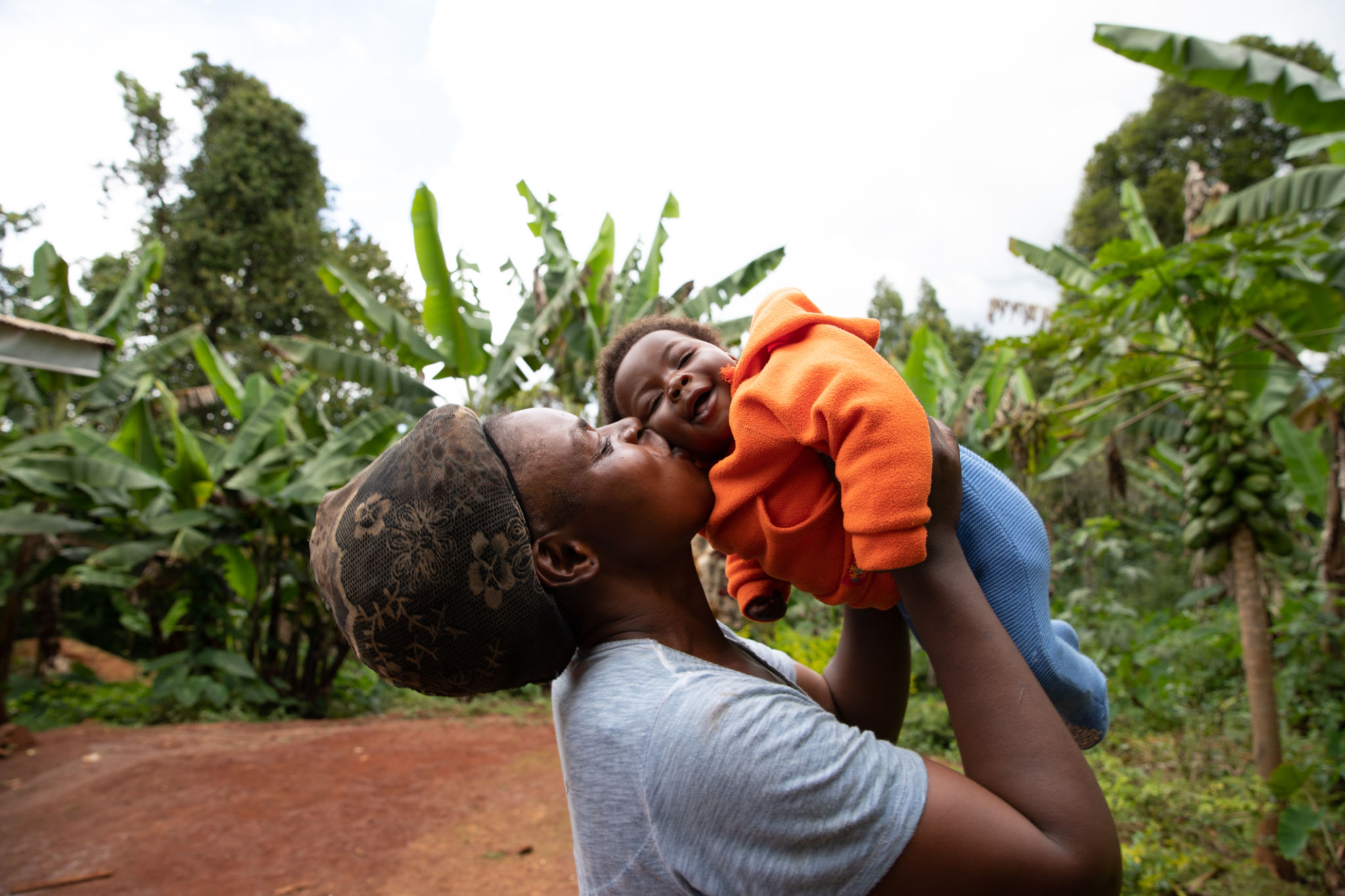Case Study: Successful Public Health Interventions in African Communities
PH
Introduction to Public Health Interventions
Public health interventions play a crucial role in improving health outcomes across various communities. In Africa, where diverse health challenges exist, successful public health interventions have made significant strides in enhancing the quality of life. This case study explores some of the most impactful public health strategies implemented in African communities.

Vaccination Campaigns: A Pillar of Success
One of the most notable public health interventions in Africa has been comprehensive vaccination campaigns. These campaigns have dramatically reduced the prevalence of diseases such as polio and measles. By mobilizing resources and fostering community engagement, health organizations have successfully increased vaccination coverage, leading to healthier populations.
Community-based approaches, including door-to-door vaccination drives and the use of local health workers, have been instrumental in reaching remote areas. Moreover, educational programs have raised awareness about the importance of vaccines, further enhancing participation rates.
Water and Sanitation Improvements
Access to clean water and proper sanitation is a fundamental aspect of public health. In many African communities, initiatives focused on improving water supply and sanitation facilities have been transformative. These projects have not only reduced the incidence of waterborne diseases but also improved overall community hygiene.

Partnerships between governments, NGOs, and local communities have facilitated the construction of wells, boreholes, and sanitation facilities. Additionally, educational programs on hygiene practices have empowered individuals to maintain clean environments and prevent disease spread.
Maternal and Child Health Programs
Another critical area of focus has been maternal and child health. Interventions aimed at reducing maternal mortality and improving child health outcomes have shown remarkable success. Programs providing prenatal care, skilled birth attendants, and postnatal support have significantly enhanced maternal and infant survival rates.
Furthermore, nutrition programs targeting pregnant women and young children have addressed malnutrition issues. By ensuring access to nutritious food and supplements, these programs have contributed to better developmental outcomes for children.

HIV/AIDS Prevention and Treatment
The battle against HIV/AIDS has been a major public health challenge in Africa. Innovative interventions focusing on prevention, testing, and treatment have made substantial progress in managing the epidemic. Public awareness campaigns, coupled with accessible testing services, have increased early detection rates.
Moreover, antiretroviral therapy (ART) programs have provided life-saving treatment to millions of individuals living with HIV. Community support groups and counseling services have also played a vital role in reducing stigma and promoting adherence to treatment regimens.
Conclusion: Lessons Learned
The success of these public health interventions highlights the importance of community involvement, strategic partnerships, and sustained commitment. By learning from these case studies, other regions can adapt similar strategies to address their unique health challenges effectively.
Continued investment in public health infrastructure and education will be key to maintaining these successes and further advancing health outcomes across African communities. The lessons learned from these interventions serve as a powerful testament to the positive impact of collaborative efforts in public health.